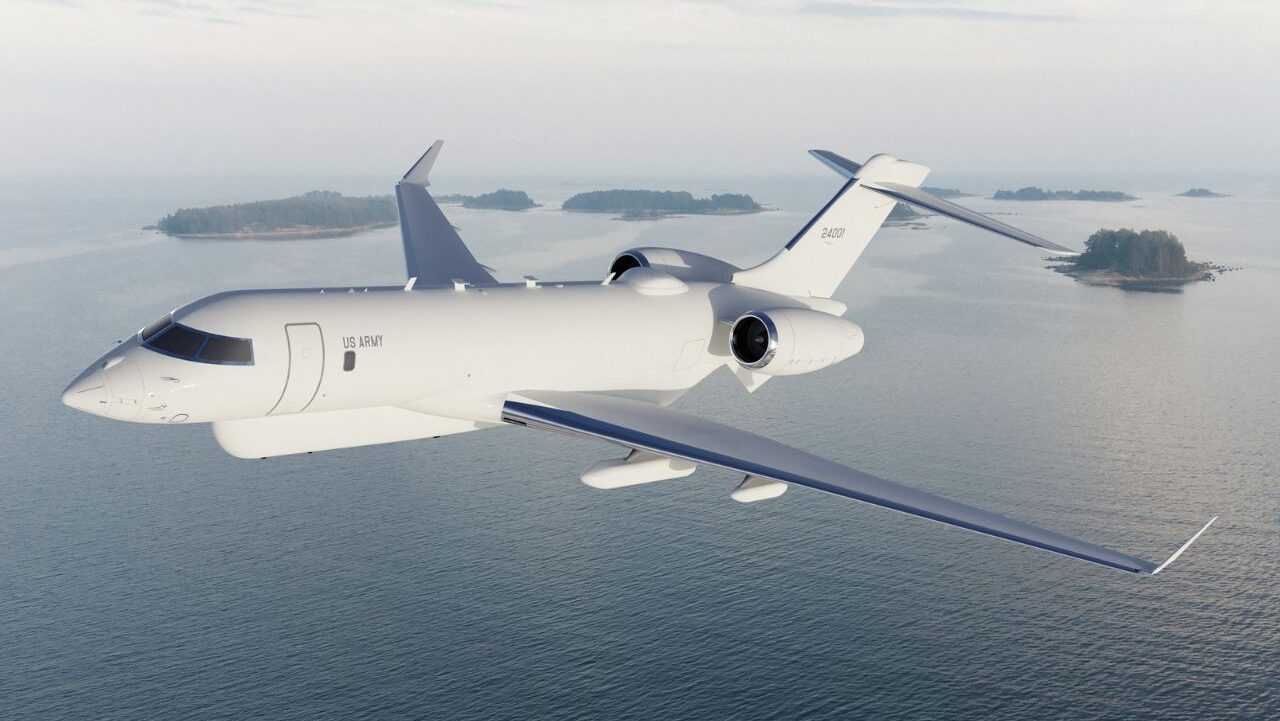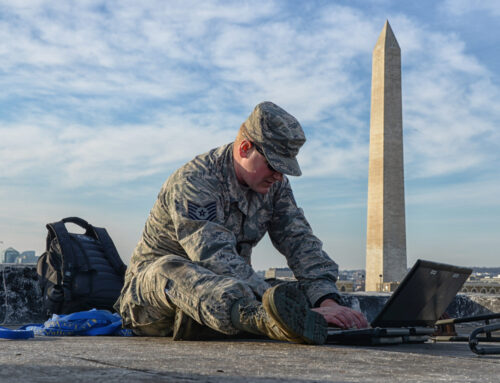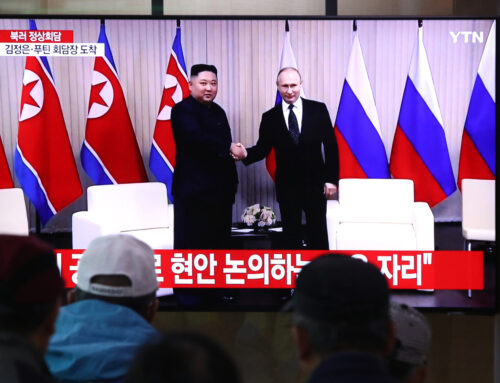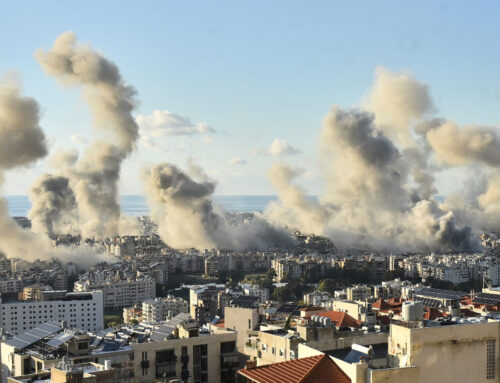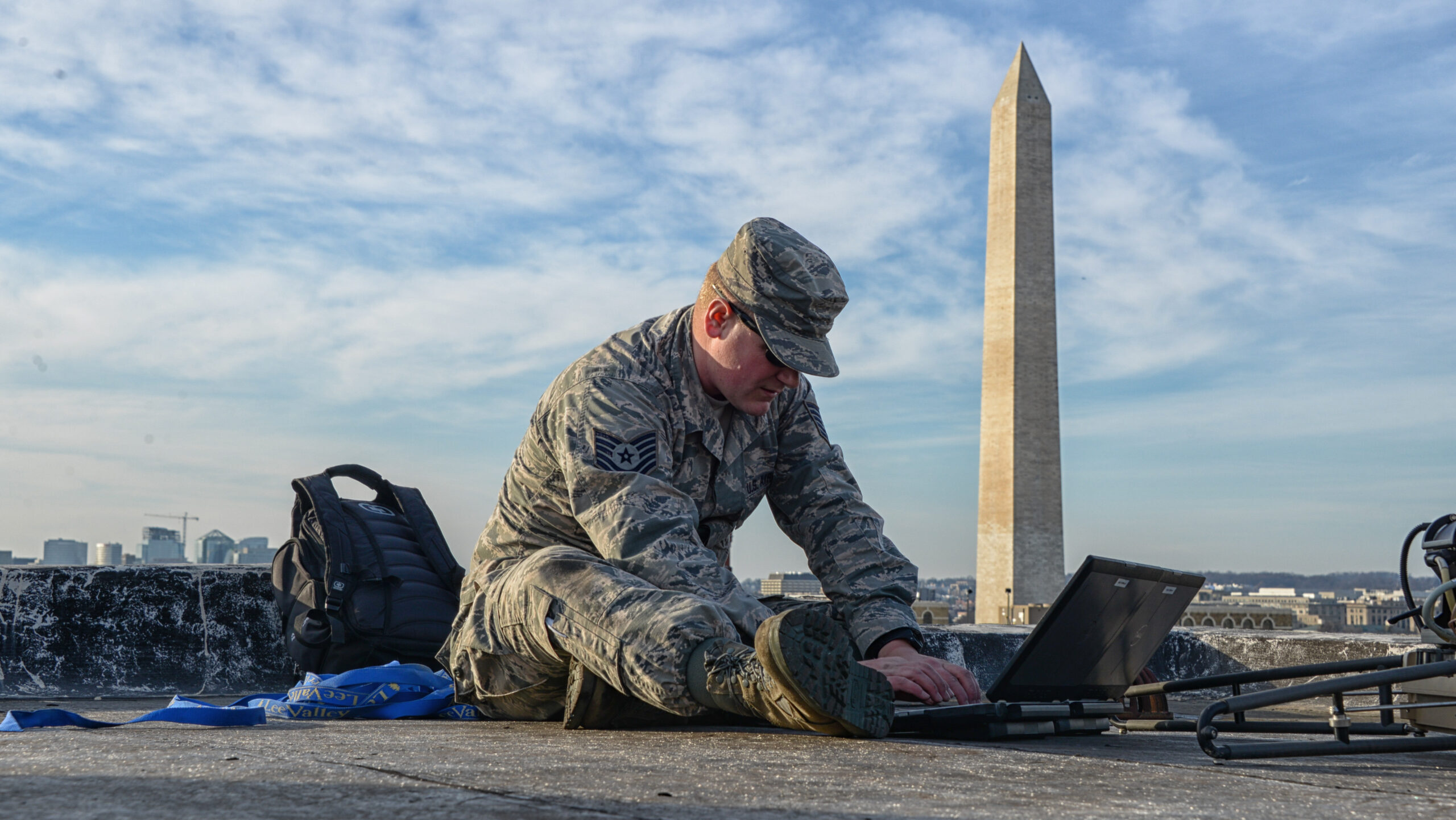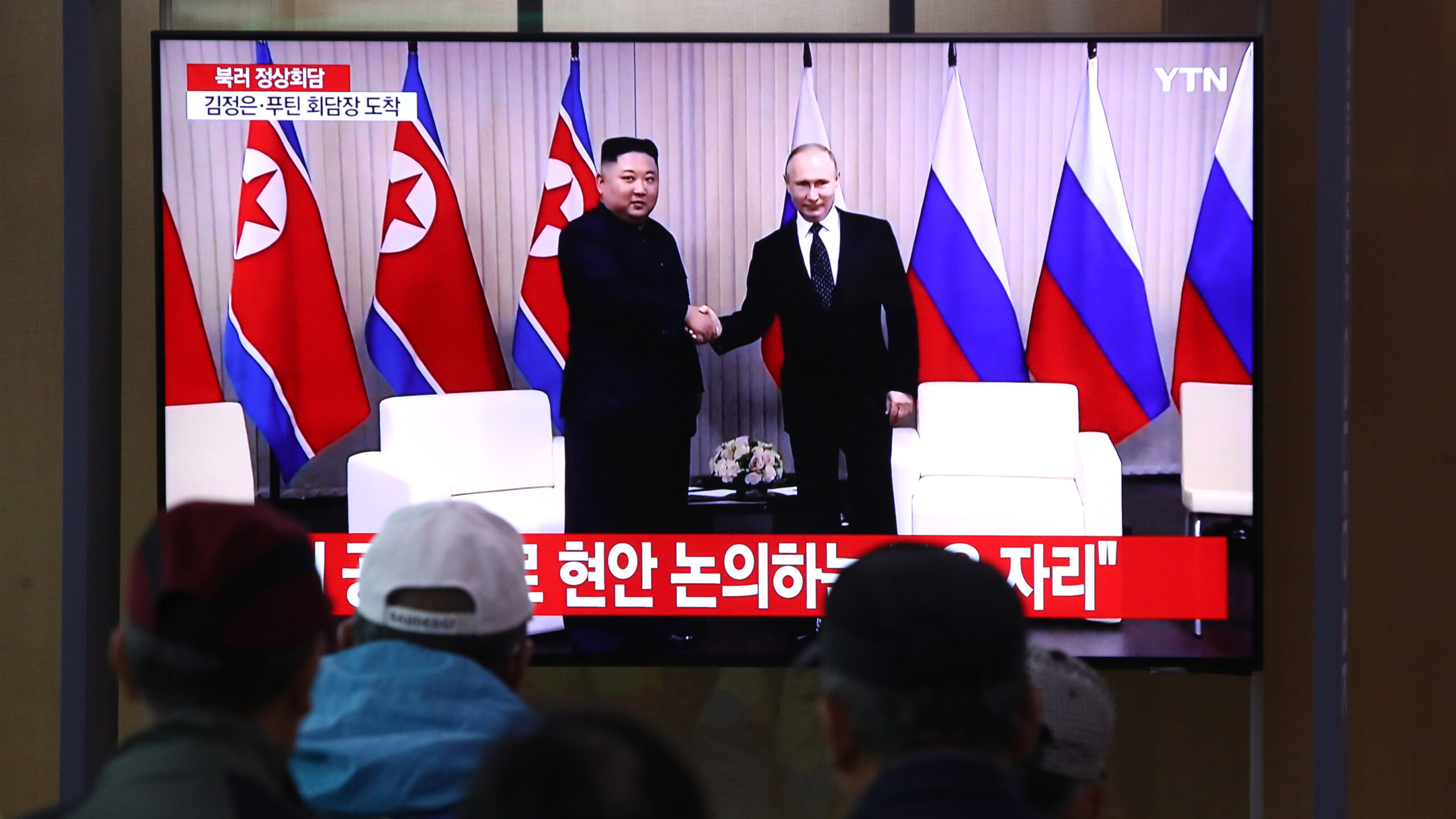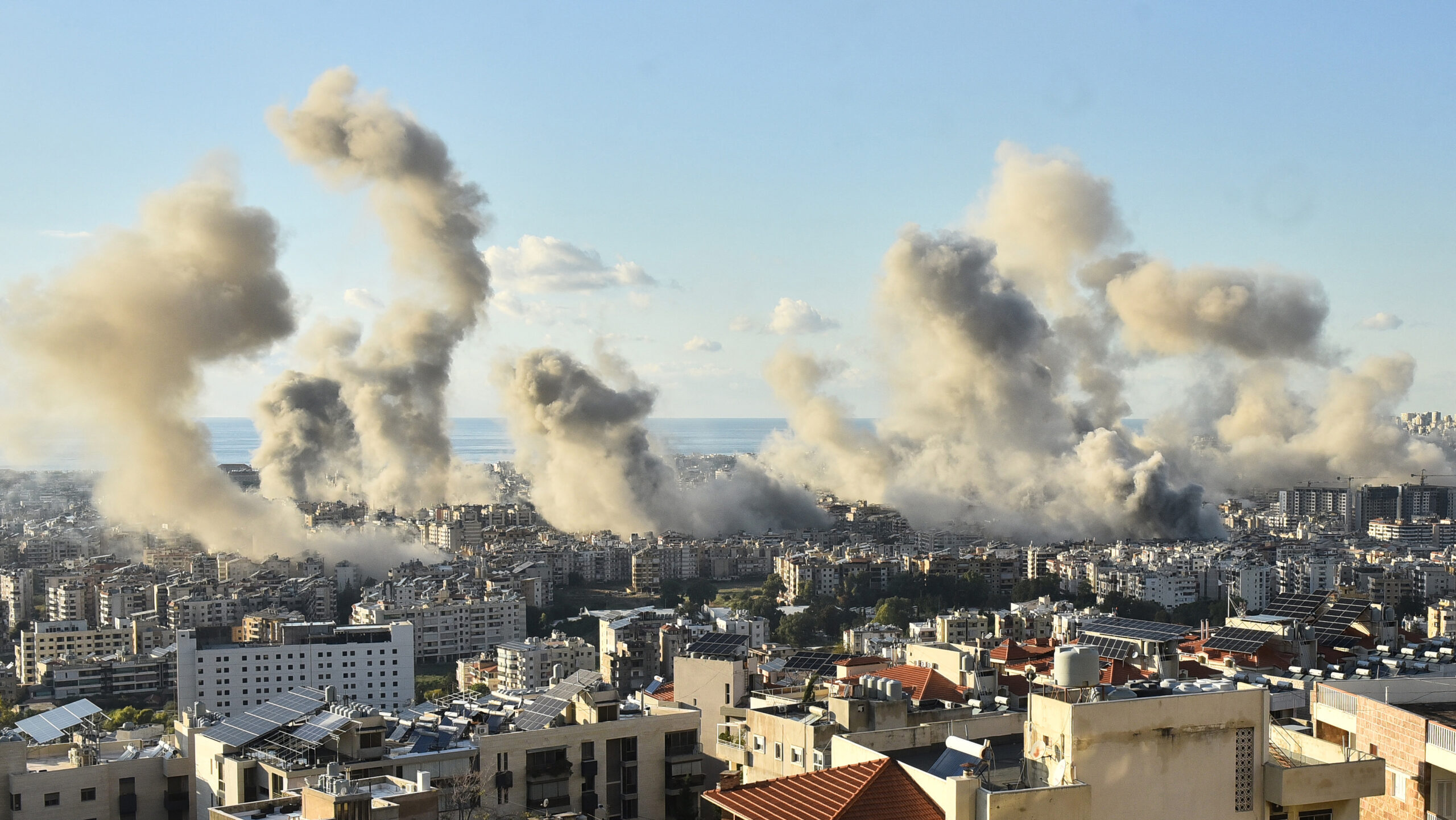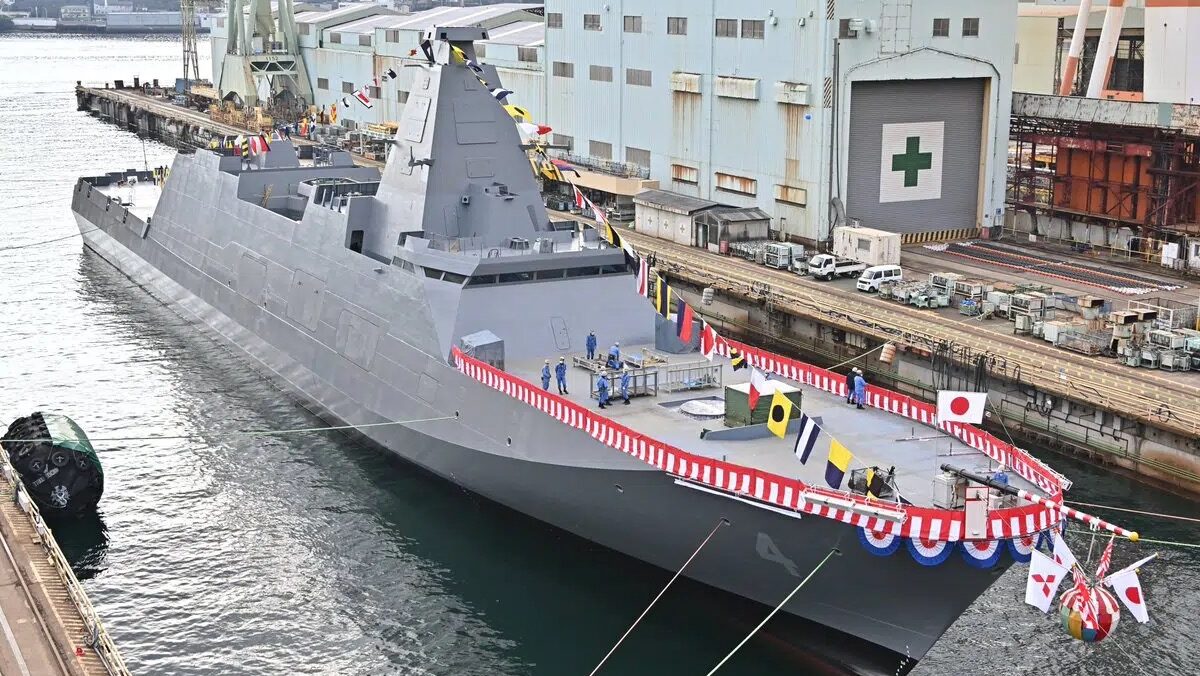A generic rendering of a missionized Bombardier Global 6500. (Bombardier Defense photo)
AUSA 2024 — L3Harris has protested the Army’s decision to award Sierra Nevada Corporation (SNC) a contract to develop a fleet of deep-sensing spy planes — a move that SNC says will delay work on the program.
“L3Harris has filed a formal protest asking the U.S. Government Accountability Office to review the U.S. Army’s decision on the High Accuracy Detection and Exploitation System (HADES) contract,” an L3Harris spokesperson said in a statement.
“We carefully reviewed the information during the Army’s debrief process, which led us to challenge the HADES decision and request further analysis to ensure the proposal received an equitable evaluation. Our goal remains to ensure that mission operators receive the lowest risk and most capable solution available for an increasingly complex security environment,” they added.
In an interview with Breaking Defense today, Josh Walsh, SNC vice president of mission solutions and operations, described L3Harris’s “characterizations” as “inaccurate and incorrect.” He emphasized that the company believes it will prevail at the end of the process and that the delay caused by the protest is only temporary. Walsh confirmed the protest had been filed in September.
“We believe the protest is not technical in nature. There is no technical merit to L3Harris’s filed protest,” Walsh said. “We believe they are protesting a minor administrative issue that should not be grounds for the protest and delay such a critical program for the Army.”
The protest was filed on Sept. 16, GAO said, and the oversight agency has a deadline to deliver its verdict by Dec. 26. A GAO spokesperson said that by statute, the Army is required to order a work stoppage on the program until the dispute is resolved. The Army did not immediately respond to a request for comment. Aviation Week first reported the protest.
SNC in August prevailed over an industry team-up of L3Harris, Leidos and MAG Aerospace in the competition for the 12-year HADES contract with a ceiling of nearly $1 billion. GAO will now weigh in on the Army’s award and is expected to make a decision — either to dismiss, deny or sustain the protest.
The HADES effort calls for converting Bombardier’s Global 6500 business jet into an intelligence, surveillance and reconnaissance (ISR) platform to replace a legacy fleet of RC-12 Guardrail turboprop aircraft. The Army eventually expects to field up to 14 of the jets, which will come with capabilities like moving target indication and signals intelligence.
The Army has previously tasked an array of companies with producing “bridging” aerial ISR assets designed, in part, to inform HADES requirements. Those efforts included:
An ISR-as-a-service contract to SNC for the High Altitude Expeditionary Next ISR-Sensor (Athena-S) centered on two converted Global 6500s;
Another pair of converted Global 6500s by MAG Air and L3Harris under the Athena-Radar initiative;
A Leidos-owned Bombardier Challenger 650 dubbed the Airborne Reconnaissance and Targeting Exploitation Multi-Mission Intelligence System (ARTEMIS); and
The L3Harris Airborne Reconnaissance and Electronic Warfare System (ARES) that uses a Bombardier Global 6000.
Army officials anticipated that a losing bidder could protest the service’s HADES decision and planned to deliver the first jet to SNC in the October-November time frame once the protest window closed.
“We have to be cognizant that every performer that competes for work has the right to protest if they would like to protest,” Andrew Evans, the director of the Army’s ISR Task Force, previously told Breaking Defense. “If there’s a protest, we’ll get through that period and the GAO will make a decision about what the future of the award looks like.”


